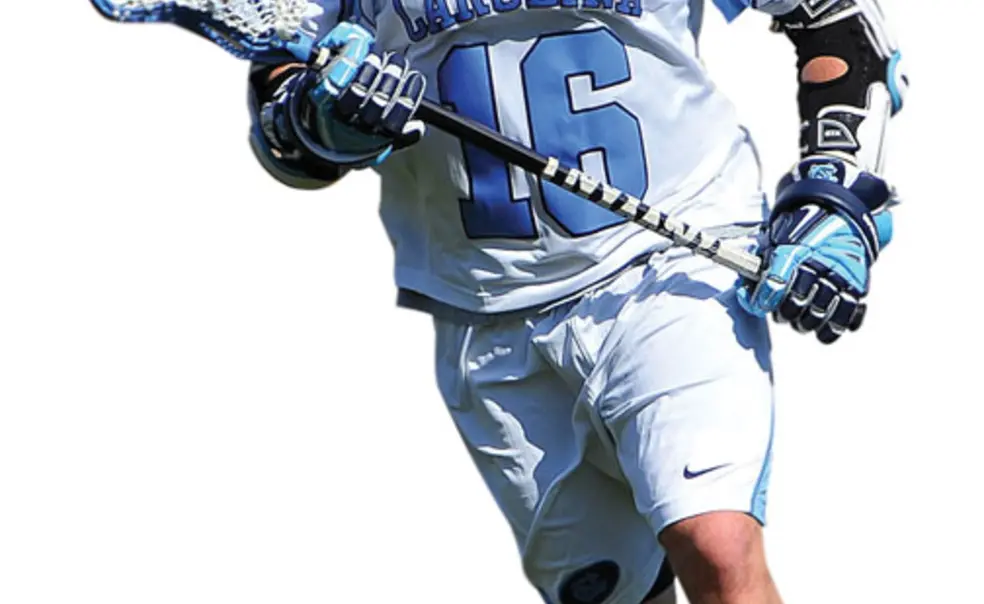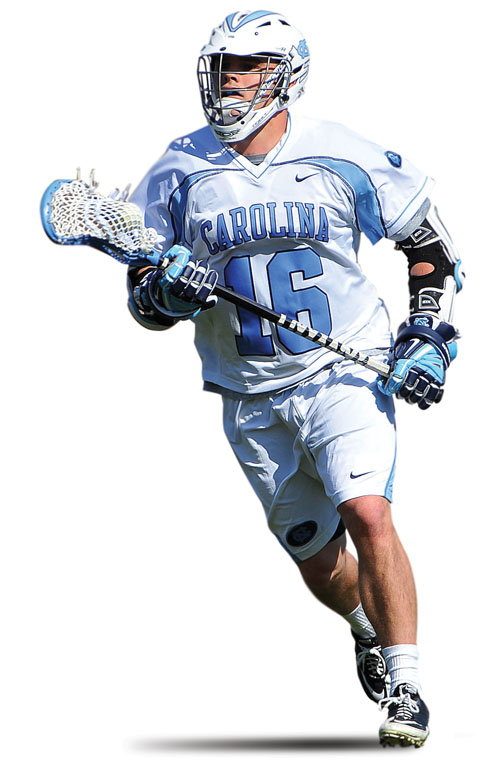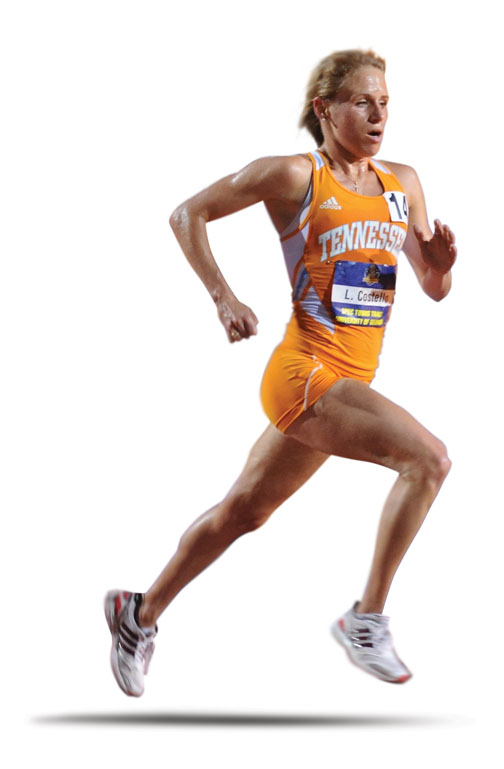To his lacrosse teammates at the University of North Carolina, Jack McBride ’11 is “Uncle Jack,” in honor of his advanced age. “And I’m not even the oldest guy on the team,” protests McBride, who does, however, possess something his teammates do not: an undergraduate degree.
McBride is one of a handful of Ivy League athletes who, because of a league rule that limits eligibility to four calendar years, finish their athletic careers as grad students at schools outside the league. The rule restricts athletes who want to continue competing to non-Ivy League graduate programs, a loss both for the athletes and for the Ivy schools. McBride longed to play lacrosse in grad school because an injury cut short his senior season at Princeton. He applied to the NCAA for another year of eligibility and got it. I, too, competed as a grad student, running the mile at Oxford while earning a master’s in English. The satisfaction was huge.
McBride chose UNC because of the reputations of its business school and its lacrosse coach, Joe Breschi. After negotiations between the lacrosse and M.B.A. programs, McBride became the rare person admitted to UNC’s business school without work experience, which he thinks is partly due to lacrosse. But he’s had to make some compromises: In the fall, when the team practiced four days a week, he practiced twice a week to concentrate on academics. He’s moved from attack to midfield, a fresh challenge. When the Tigers played UNC in March, McBride scored two goals against his former teammates to help UNC beat Princeton, 9–8.
It’s track and field athletes who often take this route. This winter, Mark Amirault ’11 won the Atlantic Coast Conference’s indoor 5,000-meter title while pursuing a master’s degree at the University of Virginia. In the fall,Princeton’s Penn Relays hero, Donn Cabral ’12, will use his final season of cross-country eligibility while enrolled in the University of Colorado’s M.B.A. program.
There’s something invigorating about making a fresh start. “It’s like pulling your head up out of the sand,” says runner Liz Costello ’10. “You’ve been part of one program and you wonder, ‘What does everybody else do?’”
She discovered some big differences between Princeton and a track powerhouse like the University of Tennessee, where she is earning a master’s in environmental engineering. “Peter [Farrell, the Princeton women’s coach] understood the academic pressures of Princeton,” says Costello. Farrell requires runners to attend practice once a day. Tennessee coach J.J. Clark expects his team to meet twice a day and hit the weight room three times a week.
Of course, getting a proven quantity like Costello, a cross country All-American at Princeton, is a great deal. Costello won two Southeastern Conference titles for Tennessee, and will compete at the Olympic trials.
For me, as for Costello and McBride, the choice to compete in grad school was mine alone. No one could fault me if I chose to focus on my studies. I competed purely to please myself, and that, as Costello and McBride have learned, feels liberating.
Extra Point explores the people and issues in Princeton sports.
Merrell Noden ’78 is a former staff writer at Sports Illustrated and a frequent PAW contributor.















No responses yet